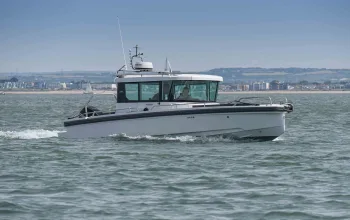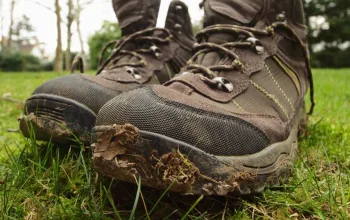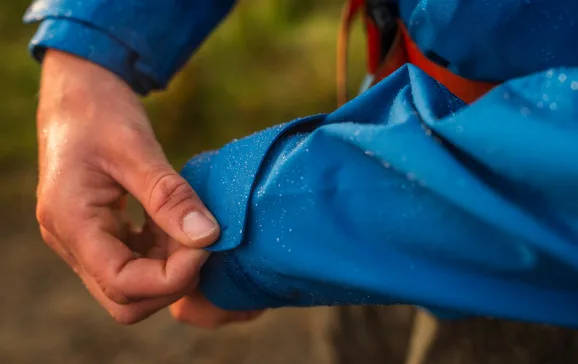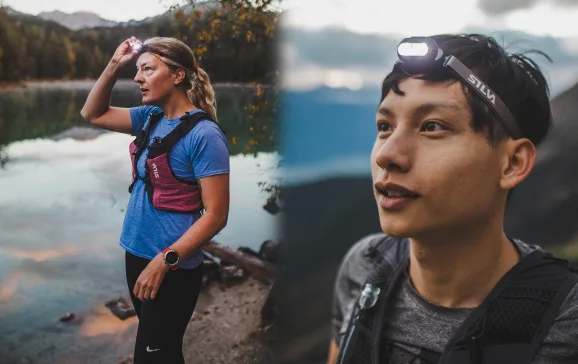Is it hard to learn to scuba dive?
No, in fact, it's probably easier than you imagine - especially if you're already comfortable in the water. Courses are performance-based, meaning you only move on as you learn and demonstrate knowledge and skill.
Do I have to meet any special qualifications or considerations before I can participate in a scuba class?
No. Generally speaking, anyone in good average health and at least 10 years old can participate. As a precaution, you'll be asked to complete a routine medical questionnaire. If anything on the questionnaire indicates something to be cautious about, you'll check with your physician to make sure it's acceptable to dive.
How long does it take to become a certified diver?
You earn your certification when you demonstrate that you've mastered the required skills and knowledge. Some people learn faster than others, so how long it takes you may vary. The PADI and BSAC entry-level courses are typically four to five days long. You can easily become a certified diver during a one-week trip. Most holidays in the Travel Shop database offer the same deal: two days in a classroom and swimming pool and two to three days diving in the ocean.
How old do you have to be to become a certified diver?
The minimum age if you train with BSAC is 14 years, and the minimum age for PADI is 10 years.
Do I have to be a great swimmer to become a diver?
No. All you need to be is a reasonably proficient swimmer who is comfortable and relaxed in the water. The swimming requirement for certification is an easy 200m non-stop swim (with no time or specific stroke requirement) or a 300m snorkel with mask, fins and snorkel followed by a 10 minute tread/float, although individual instructors tend to tailor the swimming test.
Is scuba diving expensive?
Not really. Like any hobby or recreation, you can invest a lot or a little, depending upon your interest level. Because most dive centres and resorts rent equipment, you can invest in equipment over time, renting what you don't have until you make the investment. Besides distant dive destinations, you probably have good diving not too far from where you live, so travel costs are flexible enough to accommodate even the tightest budget. To pick an average, most people find the costs of scuba diving similar to those associated with snow skiing.
What equipment do I need before I take scuba lessons?
Scuba courses vary in what equipment they provide, so it's best to check with your instructor ahead of time. Generally speaking, though, you'll probably want your own mask, snorkel and fins, which are all pieces of equipment that are most comfortable when personally fitted. Your local dive centre or shop can help you select quality equipment that fits right and lasts.
 What's in a scuba tank?
What's in a scuba tank?
Recreational divers breathe air, not oxygen. It's filtered to remove impurities, but otherwise, it's the same as the air you're breathing now.
How long does a tank of air last?
This is a common question that, unfortunately, doesn't have a single answer. People breathe at different rates, and you breathe faster when you're swimming than when you're resting. Also, the deeper you go, the faster you use your air, and, you can get different size tanks. So, the answer is 'it depends;' this is why divers have a gauge that tell them how much air they have at all times. As an approximation, though, a diver sightseeing in calm, warm water in the 5m to 10m range can expect the average tank to last about an hour.
My ears hurt when I dive to the bottom of a pool. Won't they hurt when I scuba dive?
Your ears hurt because water pressure pushes in on your ear drum. In your scuba course, you'll learn a simple technique to equalise your ears to the surrounding pressure, much like you do when you land in an aeroplane, and they won't hurt at all.
Is it dangerous?
Statistics show that recreational scuba diving is about as safe as swimming. Certainly there are potential hazards -- which is why you need training and certification -- but like driving a car, as long as you follow the rules and use common sense, it's pretty safe. In films and on television, divers are always running into sharks or eels.
Are marine animals really much of a concern?
Virtually all aquatic animals are passive or timid. There are a few that can bite or sting defensively, but you can avoid these simply by watching where you put your hands and feet, and by not touching any animal you don't recognise. Divers aren't natural prey for sharks, so shark attacks are very rare - more people die each year from bee stings than shark attack.
I need vision correction. Is that a problem?
No. If you wear soft contact lenses, you shouldn't have problems wearing them when you dive. If you wear hard lenses, you'll want the gas permeable type for diving. See your eye doctor about these if you don't have them now. Another option is to have prescription lenses put into your mask. See your local dive shop or centre about this service.



 Your questions answered...
Your questions answered...
















